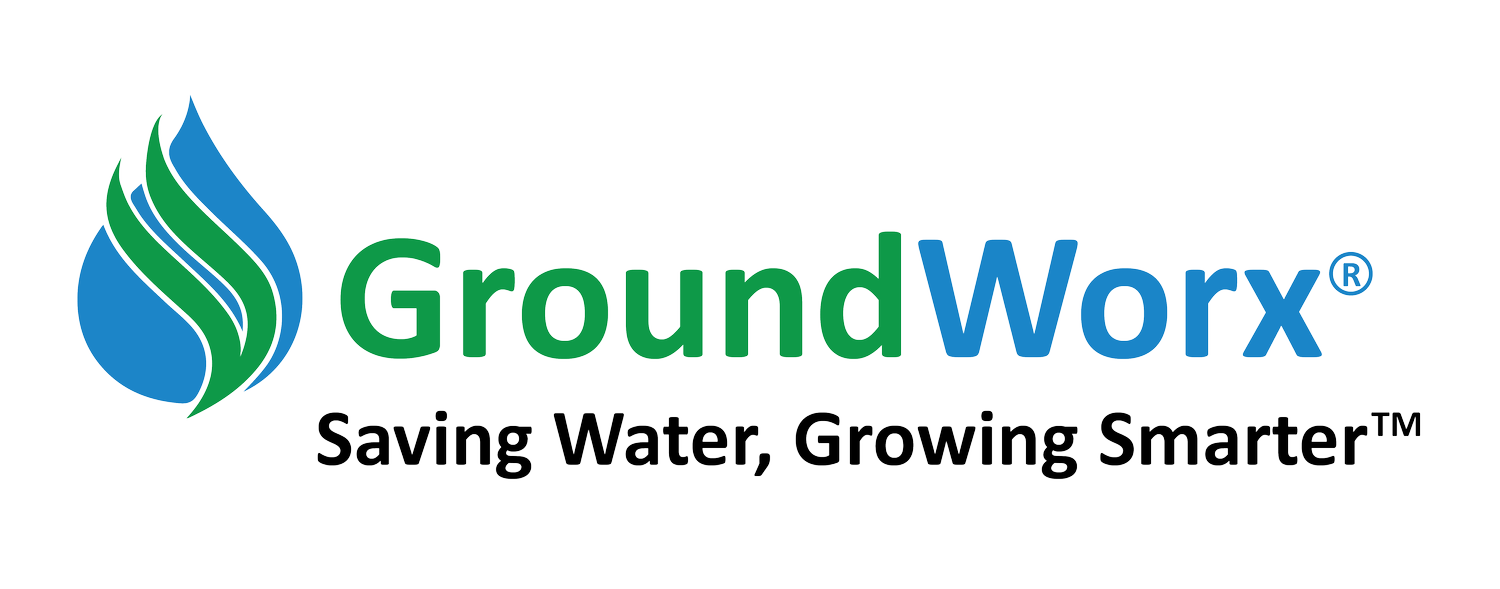Transforming Farming for a Sustainable Future
Smart agriculture means using advanced technology in farming. This helps use resources better and increases crop yields.
One of the most notable advancements in smart agriculture is the use of IoT devices, such as sensors. These devices collect vast amounts of data on soil moisture, temperature, humidity, and crop health. Soil sensors give farmers real-time information about nutrients and moisture. This helps them use water and fertilizers more accurately.
Enhanced Efficiency and Productivity
Smart agriculture leverages advanced technologies such as IoT (Internet of Things), AI (Artificial Intelligence), and extensive data analytics to streamline farming operations. By utilizing sensors and drones, farmers can monitor crop health, soil conditions, and weather patterns in real-time. This data-driven approach allows for precise resource allocation, reducing waste and increasing overall productivity.
Sustainable Resource Management
With the growing concerns about climate change and resource depletion, smart farming practices promote sustainability. By using data analytics, farmers can make informed decisions that minimize environmental impact. Techniques such as precision agriculture help in conserving water, reducing chemical usage, and improving soil health. This not only benefits the environment but also ensures that farming remains viable for future generations.
Cost Reduction
Implementing smart agriculture technologies can lead to significant cost savings for farmers. By optimizing inputs like water, fertilizers, and pesticides, farmers can lower their operational costs. Additionally, predictive analytics can help in forecasting market trends and crop prices, allowing farmers to make better financial decisions. This financial stability is crucial for smallholder farmers who often operate on tight margins.
Improved Crop Quality
Smart agriculture technologies enable farmers to monitor and manage crop health more effectively. Farmers can use tools like remote sensing and soil moisture sensors.
These tools help them find problems early, like pest infestations or nutrient deficiencies. This proactive approach improves crop quality and lowers the chances of crop failure. This helps ensure a more reliable food supply.
Access to Market Information
Smart farming solutions often have platforms that link farmers directly to markets. These platforms give farmers important information about demand, pricing, and what consumers want. This access helps farmers decide what to plant and when to sell.
GroundWorx's Contribution
The importance of smart agriculture cannot be overstated. By embracing these innovative technologies, farmers can enhance efficiency, reduce costs, and promote sustainability. As the global population continues to grow, the need for smart farming practices will only become more critical.
GroundWorx offers products to help with smart agriculture. Our sensors use advanced AI technology to allow farmers to manage their crops and soil. We also have weather stations that can provide weather data.

